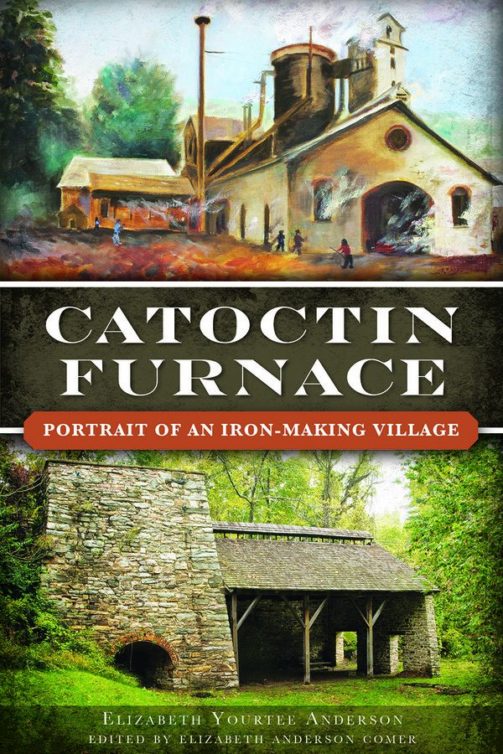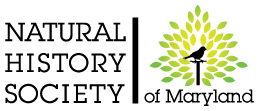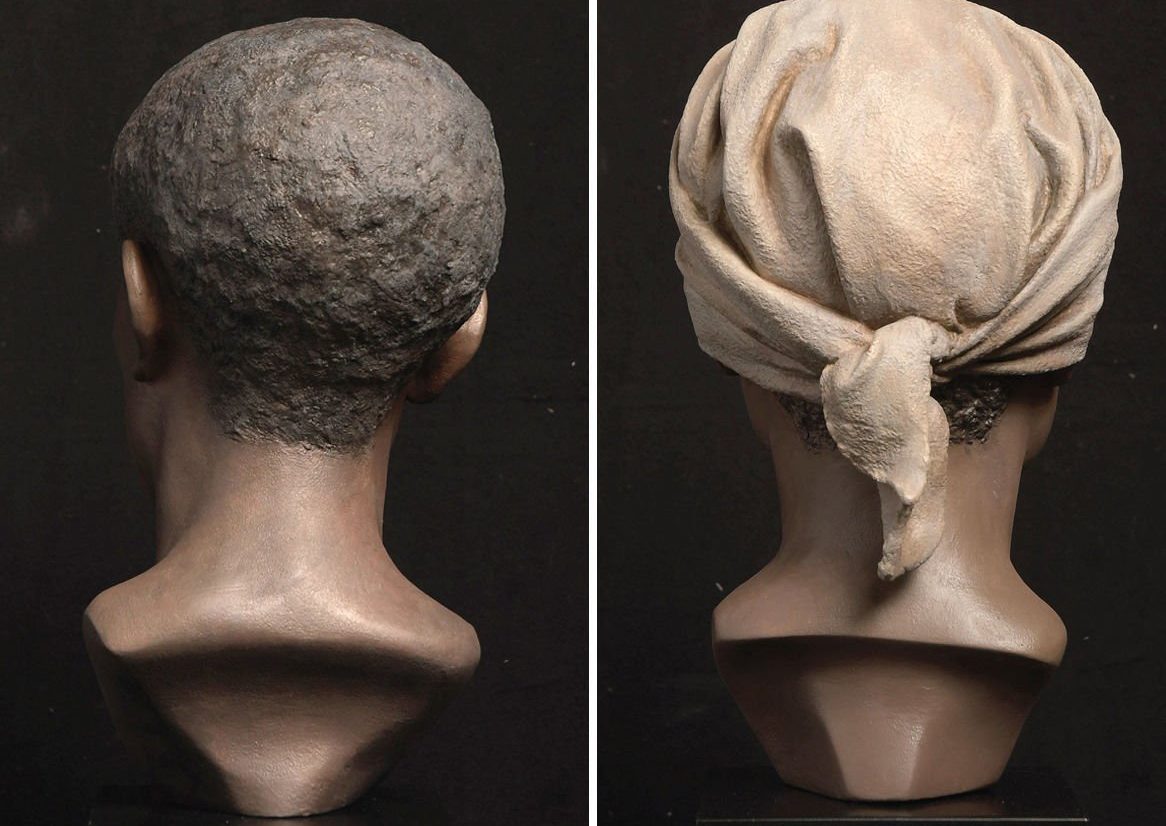The village of Catoctin Furnace lacks a collective memory that includes the African American workers (both enslaved and freed) who lived and worked at the village’s iron furnace from the time of the Revolution until the mid 19th century. Now, the village historical society and partners are attempting to provide an avenue of reparative heritage to social justice and vindication through establishment of fictive and actual kinship utilizing graveyard archaeology, aDNA, forensic reconstructions, and a “heritage at work” personal engagement program. This paper will utilize Catoctin Furnace to evaluate the concepts of “dark heritage”, “orphan heritage”, and “shadow places” in order to analyze their applicability to this complex and contested site.
Elizabeth Anderson Comer is an archaeologist who serves as the president of the Catoctin Furnace Historical Society, Inc. and president of EAC/Archaeology, Inc. Ms. Comer has successfully managed more than 350 archival and archaeological survey, testing and excavation projects and historic architectural survey, evaluation and recordation. Ms. Comer graduated from Hood College with a B.A. in history and political science, and received her master’s degree from the University of Kansas in anthropology with a specialization in archaeology. She is ABD at the University of Maryland, currently completing her Ph.D. in American Studies with a concentration in archaeology. She has also studied at the University of London. As City Archaeologist for the City of Baltimore, Maryland (1983-1987) she directed and managed the archaeological department for the city and specialized in complex urban, industrial and waterfront projects.




